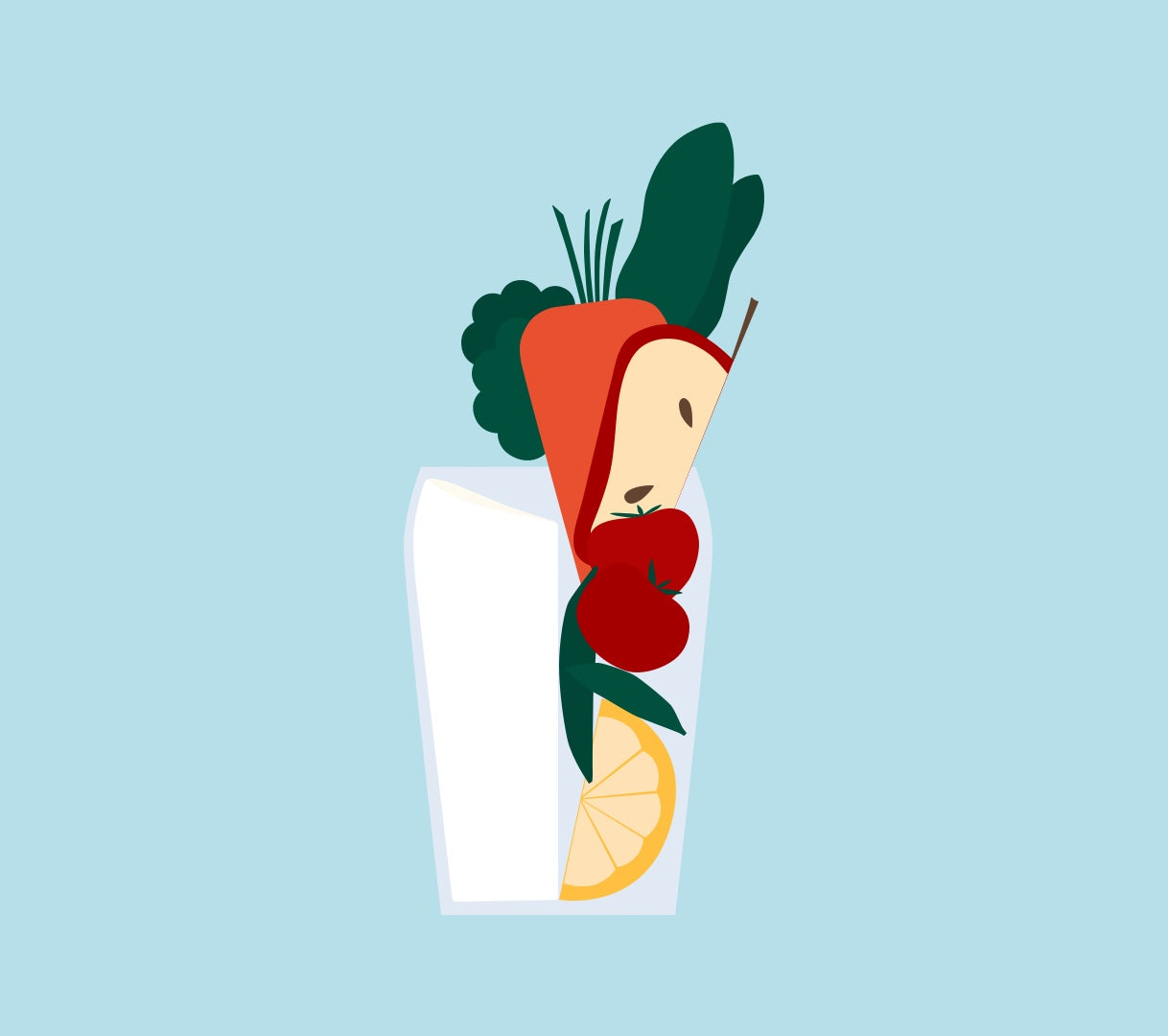Bodily does not provide medical advice, diagnosis, or treatment. The resources on our website are provided for informational purposes only. You should always consult with a healthcare professional regarding any medical diagnoses or treatment options.
What should you consider?
In general, people who are breastfeeding can eat what they want, when they want, as long as their babies don’t have a bad reaction to specific foods. In fact, research has linked eating a wider variety of foods while breastfeeding with children who are less picky when they transition to solid foods. That said, there are certain foods that are known to promote milk production and some that can decrease it. There are also a lot of myths surrounding certain foods and breastfeeding.
Foods thought to be good for milk production:
Barley
Studies have linked polysaccharide (a type of carbohydrate in barley hops) with an increase in prolactin, the hormone that helps increase milk production. This is likely why Guinness, a dark Irish beer, is often suggested to help support breastfeeding. But studies have shown that alcohol consumption inhibits milk production.
Oatmeal
Oats are another source of polysaccharide and a good source of iron, which is a necessary mineral for milk production.
Herbal galactagogues
A galactagogue is a food, herb or drug that increases milk production. Fenugreek is an herb that has the most evidence behind it. One very small randomized control trial of 66 women who drank fenugreek tea showed promising results: increased milk production and babies who gained weight more rapidly. Other herbs that have slightly less promising research but are recommended for amping up milk production include milk thistle, malunggay and shatavari. While herbs are natural, they should be used with the guidance of a lactation consultant, OB-GYN or midwife to ensure they are safe for you. It’s worth noting that all of these herbs should be avoided by pregnant women (fenugreek specifically has been shown to lead to uterine contractions; the others are not recognized as safe by the FDA), and those with an allergy to chickpeas or with thyroid conditions should avoid fenugreek. Always consult with a medical professional to ensure any herbal supplement is right for you.
Other nutrient-rich foods
Apricots, asparagus, beet greens, carrots, dandelion greens, green beans, peas, pecans, sweet potatoes and watercress have been anecdotally known to increase milk production, though there haven’t been any studies on these foods as they relate to breastfeeding.
Foods known to inhibit milk production:
Alcohol
Research has found that casual drinking is generally considered to be fine for breastfeeding parents (more on that here), although alcohol can decrease milk intake by the baby as well as decrease your own supply (since it inhibits the milk ejection reflex).
Anti-galactagogue herbs
While there is little research on herbal effects on lactation broadly, it is believed that parsley, sage and mint (spearmint and peppermint) reduce milk production, which can be helpful during the weaning process.
How foods passed through breast milk can affect an infant:
Parents are sometimes concerned about whether certain foods can be detrimental to babies when they are passed via breast milk — impacting everything from fussiness to food allergies and sensitivities to developmental issues.
Evidence-based: Avoid high-mercury fish
According to the CDC, nursing mothers should avoid eating high-mercury fish like tuna, swordfish and king mackerel, since mercury is passed on to the baby via breast milk and can affect brain and nervous system development.
Myth: Avoid spicy foods
There’s no evidence to support that eating spicy foods while nursing leads to fussier or gassier babies, although this is a commonly cited concern in the United States. Consider this: In cultures where spicy food is part of the normal palate, those foods are not avoided in pregnancy or while breastfeeding.
Evidence-based: Avoid gassy foods
Research has linked eating cruciferous vegetables, cow's milk, onions and chocolate while breastfeeding to colic in young infants. If you suspect a food you are eating is triggering digestive issues with your baby, you can try to eliminate that food from your diet to see if the symptoms go away.
Myth: Avoid acidic foods
There’s no evidence that acidic foods — like citrus, tomatoes or vinegar — can change the acidity of breast milk. That said, babies still may be sensitive to the proteins from these foods, so keep an eye on out for any changes in behavior or fussiness.
Evidence-based: Caffeine
Studies show that drinking a couple of cups of coffee a day while breastfeeding doesn't lead to any stimulation in infants. Babies get, at most, 1.5% of the caffeine the parent ingests, though preterm infants are especially sensitive. Caffeine can dehydrate you, though, which can lead to a lower milk supply. It's good to consider all of the caffeine you may be consuming (across foods, drinks and supplements), not just coffee.
Food sensitivities and allergies
Food sensitivities in babies aren’t very common, but they do happen. If parents notice their baby is reacting negatively to a specific food — becoming ill, fussy or having trouble sleeping — it could be a sign of a food sensitivity. The most common trigger is cow’s milk, which research has linked to fussiness and gassiness in babies.





